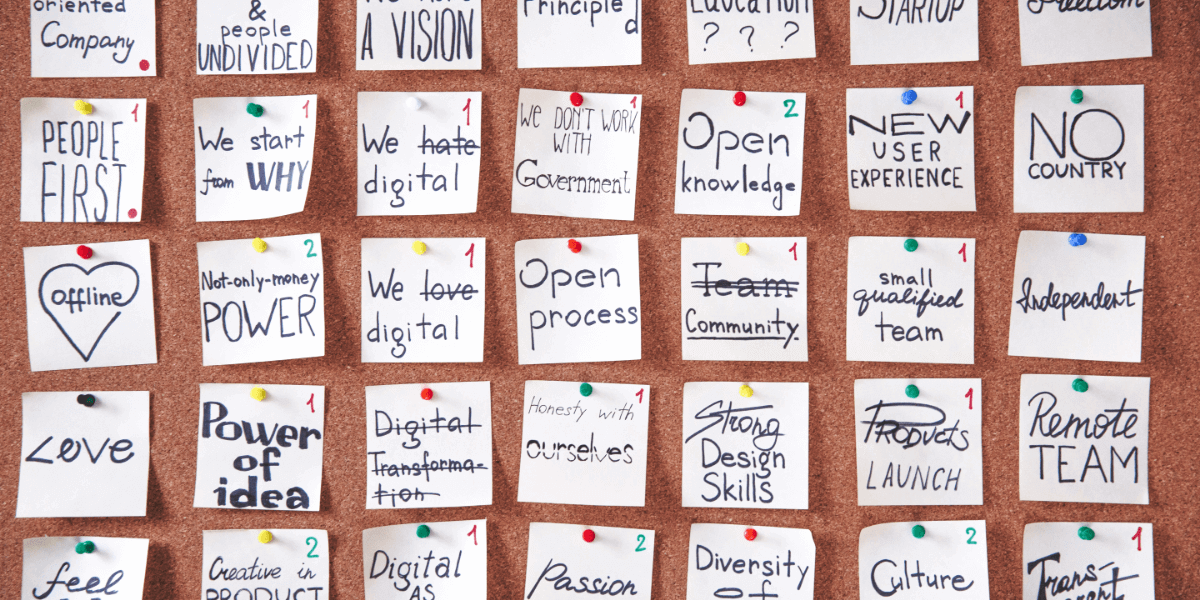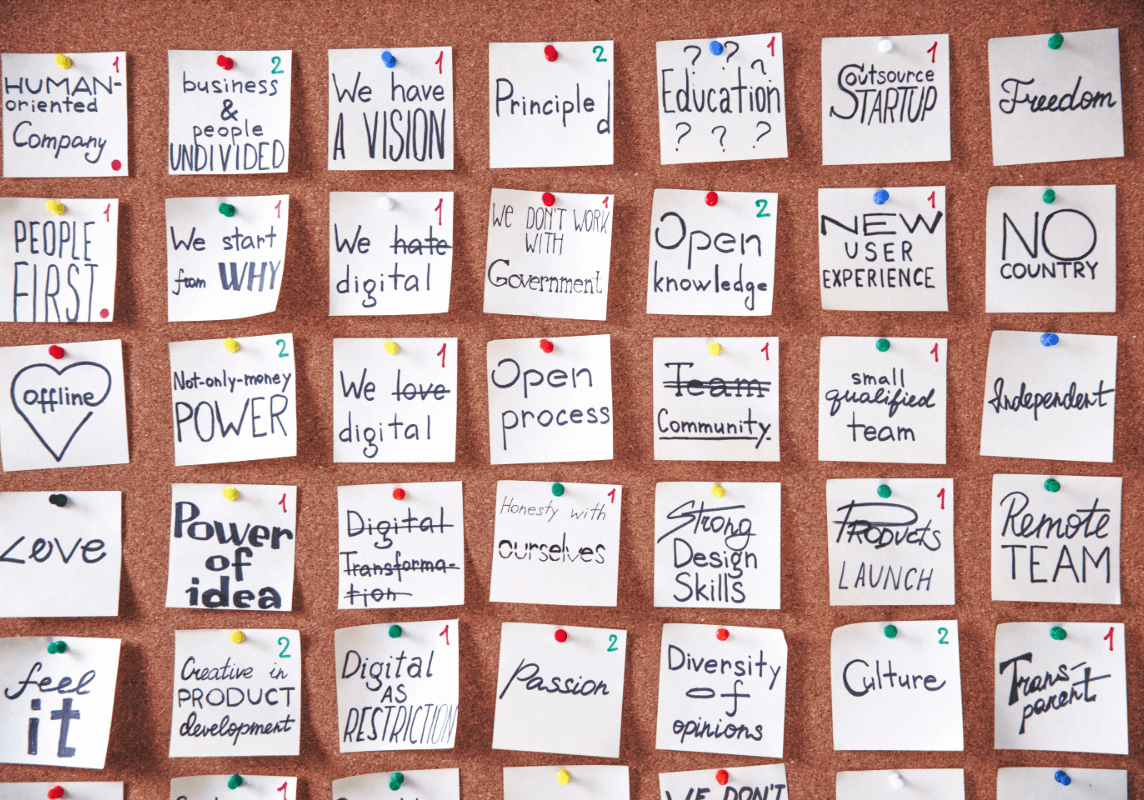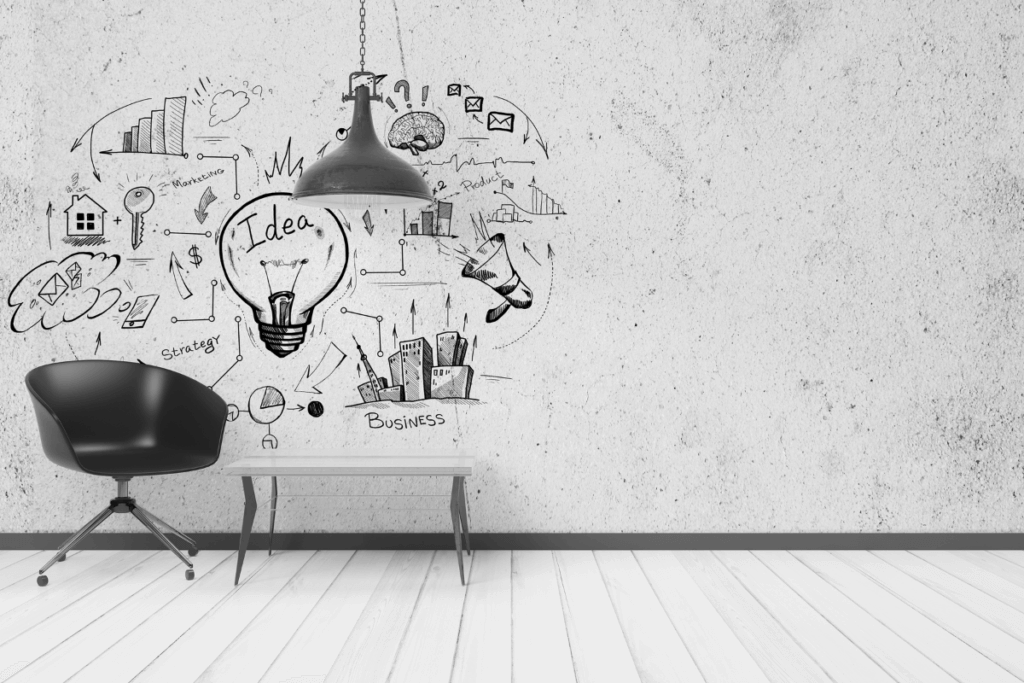Employee Experience
Janine and I have been talking about all of the lessons learned from this COVID pandemic year. I recently had dinner with my partner for his birthday and we realized we were now at over a year for shutdowns, masks, copious amounts of hand sanitizer, and the nostalgia for concerts and sporting events. Janine had a similar epiphany. A year ago, she was coming back from a vacation in Turks and Caicos (jealous!), dreading seven planned business trips for the month of March alone. Those trips, as you know, did not happen.
Even though, for many of us, our stories are not dissimilar, Janine and I thought to write down some of our learnings from this crazy, yet reflective, Pandemic year.
A Little Background Information
According to Pew Research, prior to COVID-19, 20% of workers worked from home. In the same research, 71% reported working from home during the Pandemic and 54% want to continue to work from home even after the pandemic ends. Interestingly, when reviewing Pew’s findings, the “tactical” aspects of working from home are easy. The majority of respondents reported that they have adequate technology and equipment to get their jobs done, they are able to complete projects and meet deadlines, they have adequate workspaces, they can get work done without interruptions, and they feel motivated to work.
We would agree with all of these observations. In fact, during this year, we each have worked on a variety of engagements where we thought it would have been almost impossible to accomplish remotely before we were all forced to think differently about work. What we have learned through these experiences is that the tactical aspects are easy enough to manage, but there are behavioral aspects of this new working world that deserve to be discussed.
Be Judicious with Video Conferencing
If we can’t meet in person, the natural inclination for many was to turn on the cameras. We get it, human beings are wired to be social. In a face to face session, our brains are interpreting tons of non-verbal signals. When we are sitting on a video conference, there are now different expectations. The “Brady Bunch” screen view puts people into such an intense focus where now the non-verbal cues are just not natural. Not only are you looking at yourself in the mirror, but you are forced to sit within the camera view. When in a conference room during a long meeting, nibbling on lunch or a quick snack is perfectly reasonable but, on video, it may seem out of place or even rude to others. Now we are trying to remain motionless within a video box, trying to minimize noise, movement, and (inadvertent) facial expressions.
If you are feeling this “Zoom fatigue” you are not alone. 2020 brought forth a huge increase in the expectation of video conferencing, and since this is still so new there has not been a lot of studies on both the efficacy of video conferencing or even the psychological impacts of the constant camera. Although literature is still pretty new, Stanford University communication researchers have developed a Zoom Exhaustion and Fatigue Scale to understand and start to develop some best practices around video conferencing. In a recent paper, Stanford did research to understand what causes Zoom fatigue which will help to better understand how and when to use the technologies. Early results show that the contributing factors to fatigue are the length and frequency of these meetings, thereby creating negative feelings toward the use.
What can you do? Allow your team to turn off the camera without judgement. Give the team some time off from the cameras by making certain aspects of the meeting camera-free. Start the meetings on camera. When the meeting entails sharing documents or screens, is lengthy, or the same group has been on meetings together back-to-back, drop the camera and turn back to audio only. Use cameras at the end when discussing action items or next steps.
Communicate Interpersonally
Years ago, when I (Christina) managed a team, I asked for feedback from my team about my management style. I admit to being a little devastated when my team told me that sometimes when they stepped up to my desk to ask questions, I seemed to be annoyed with the intrusion and they were awkward about asking for help. My intention was to NOT push back on my team, but I do admit that when I am deeply entrenched in a project my facial expression may show that little bit of annoyance at having to peel myself off from the task at hand. My solution was to ask them to send me a quick note to let me know that they need help. That little bit of time gave me the moment to redirect my attention. I tend to be task oriented, and I can forget that sometimes you can’t just focus on the work at hand, especially during this pandemic time.
Communicate with your team individually about not just work. A simple note to find out how they are doing without asking about work can be impactful. It’s not as easy to develop rapport when you are not sitting up close a personal with colleagues and clients. It is a simple gesture, but one that we can so easily forget.
Recognize that Remote Work Blends into Personal Life
There are many people who have experience working from home and COVID didn’t bring much “new” to their process or work environment. However, for several, working from home is still new. Even though many parents are not having to do as much remote learning with their children, it seems like we are constantly moving into changes that require a new type of flexibility. Understand that your teams may need to be flexible in their days to adjust to new demands that are being seen even over a year later of adapting to this “new normal.”
Figure out if there is a way you can give your teams some extra reprieve. Maybe it means no meeting Fridays or allowing teams to block off personal time to concentrate without the interruption of constant meetings.
During one project over the past year, working teams scheduled “office hours” where everyone committed to being available during certain hours to jump on a call if they hit issues during testing. This allowed flexibility during that time to actually get the work done and not to force those involved to be on the phone or on camera for the entire block of time. They knew they could reach out for support during those designated times for an “all hands-on deck” as needed.
Listen to What Your Employees Need for 2021 and Beyond
We think we will continue to see a change of work behavior. Some employees may have learned that they would much prefer to be in an office. Others may have realized that they would prefer to never be in an office again unless absolutely necessary. Many people may wish for a hybrid approach.
Reach out to your employees and formulate strategies for what will work in the future. What work from home has shown many is that productivity can still be maintained with high quality results. For employees who do not want to go back to the status quo of Pre-COVID days, a requirement to sit back in the office may have them seek other opportunities with organizations who are more open to remote workers.
Self-Care and Perspective – On a More Personal Note
Once the fear and anxiety of the unknown subsided during 2020, the goodness started flowing in. The long commuting hours were replaced with family games, family meals were spent cooking together and being together around the table, families started taking walks instead of fighting over homework, people were taking the time to connect with old friends over video, companies reinvented themselves in amazing and unexpected ways, virtual experiences were overflowing (did you go on a safari or visit a museum?), Christmas started in October and we were all okay with that, living in sweatpants all day was officially accepted, and so much more. Most importantly, the entire world bonded over one awful virus and started supporting each other and appreciating life a little bit more.
We all faced many difficulties over the last 12+ months, but we challenge us all to never forget what the year taught us. What have you been able to overcome both personally and professionally? What were your greatest accomplishments and where did you gain strength? What did you learn about yourself and those around you? How has it brought more gratitude into your life? Have you re-prioritized? Take these lessons into the coming years and let it change you for the better.
These lessons, both professional and personal, will not be forgotten. The working environment will never be the same and people may have to make hard choices based on what has been learned over the last year. All of these things, the things that actually matter and give us the energy to do work and be productive, cannot be forgotten even as we baby step to our new futures. Continue to show grace and compassion to yourself and others as we take these steps.






